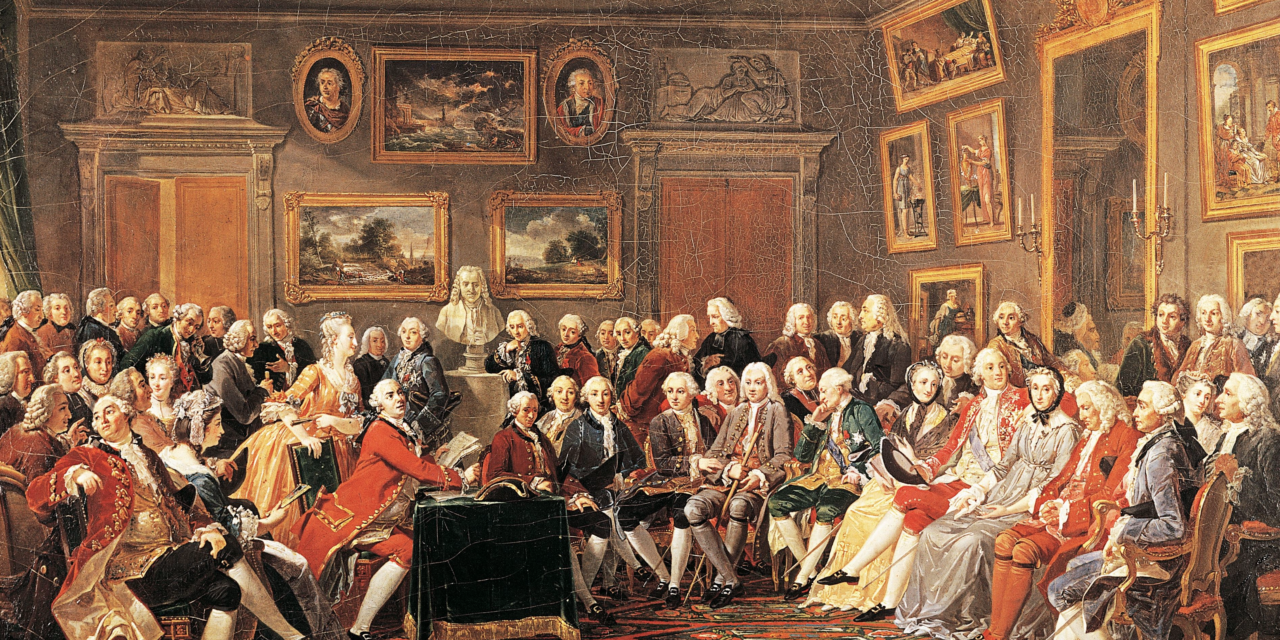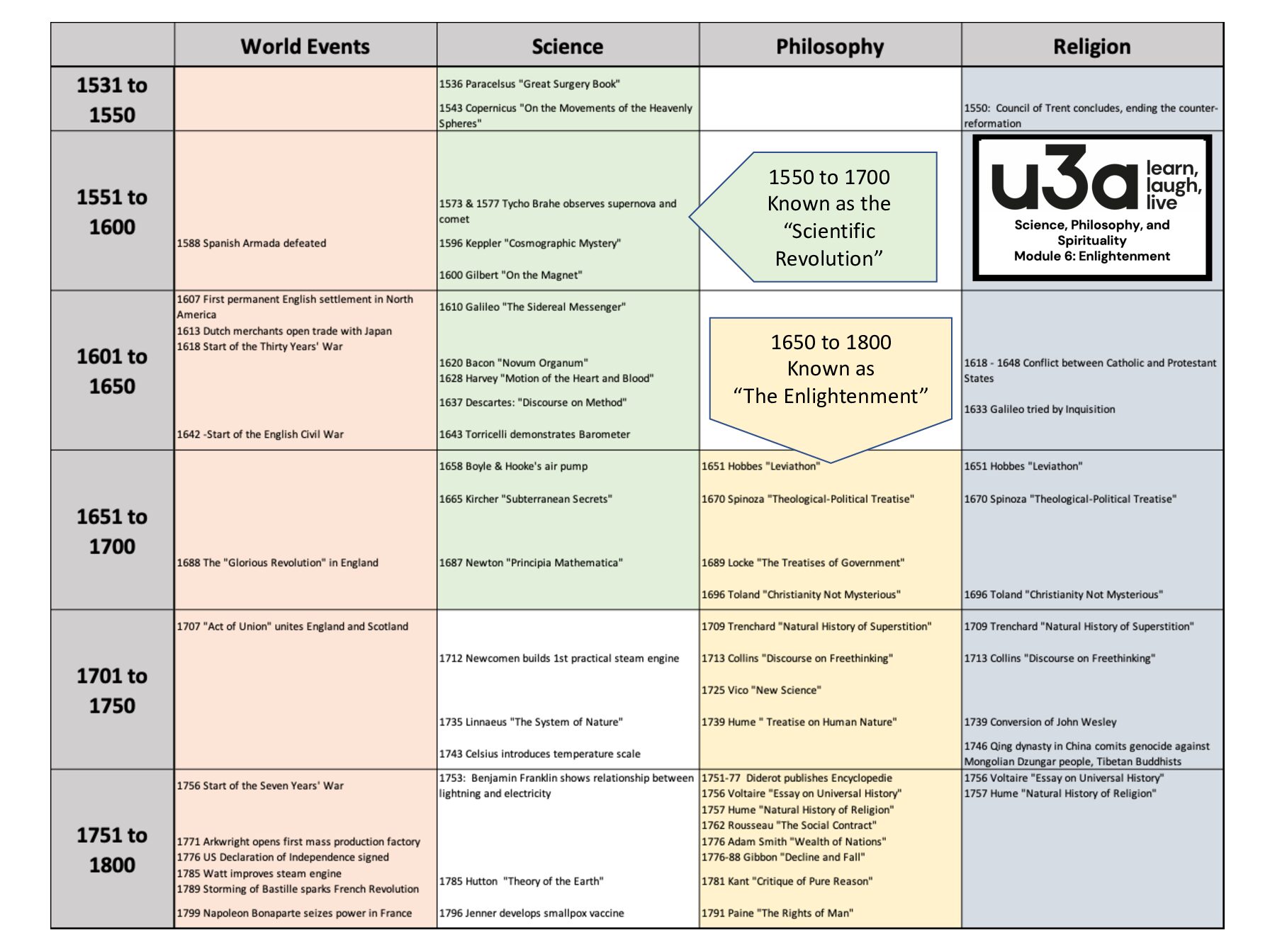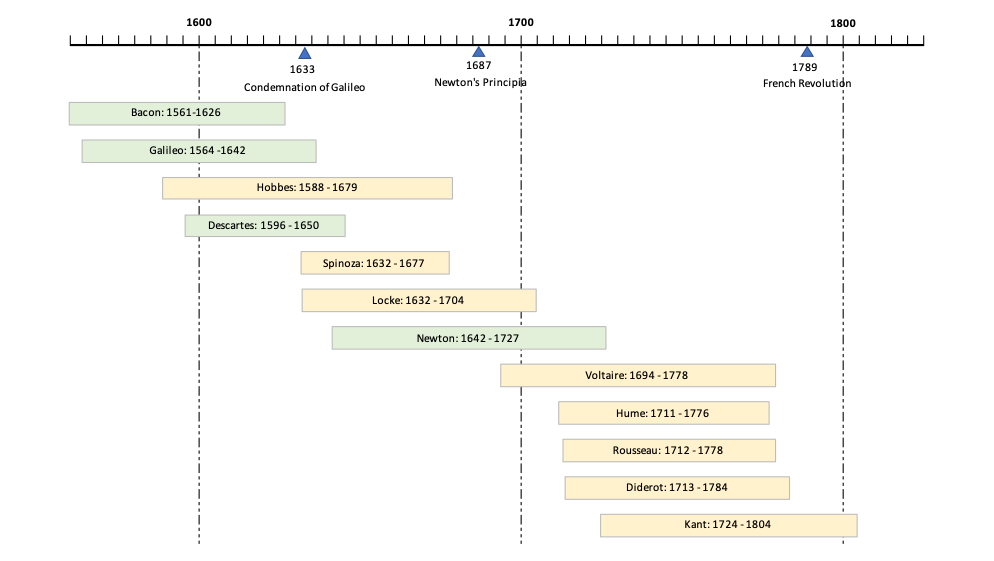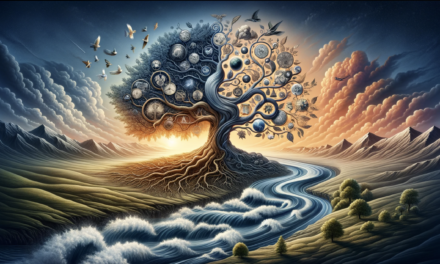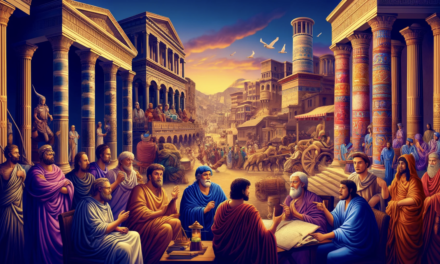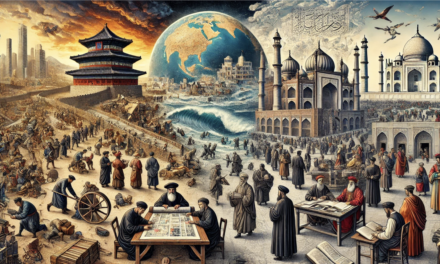Instructions for Using This Page
Each of the sections of this web page links to a resource that will help to remind you of this module of our Science, Philosophy and Spirituality course. Just click on the section, and you will be linked to the resource.
When you are reading an article from this website online, blocks of text in bold coloured type that make reference to an external source are “clickable”. If you click on them, you will be taken to the resource to which they refer.
Enjoy!
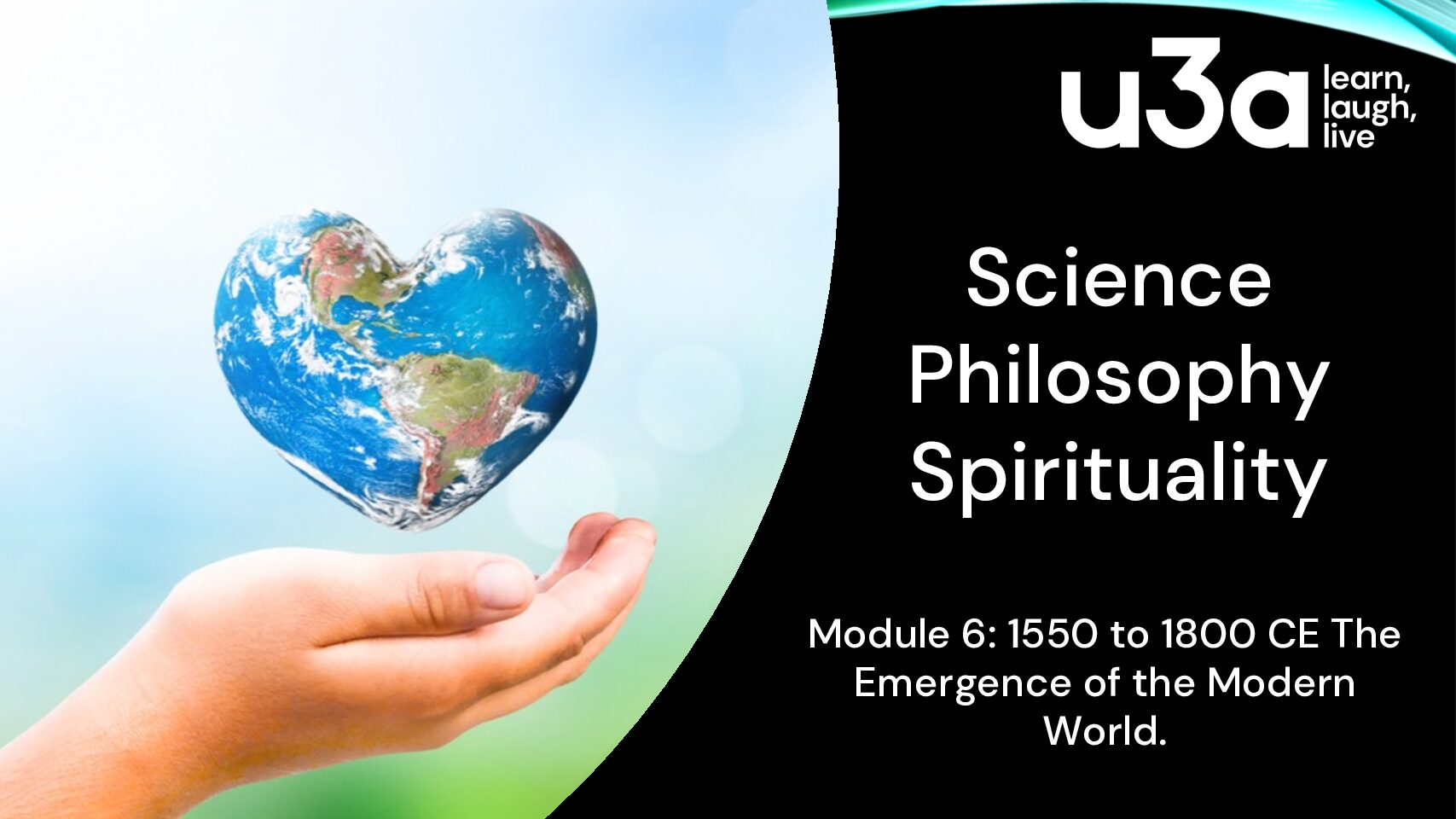
PDF of the slides shown in the session.
The Module dealt with both the Scientific Revolution and the Enlightenment, and questioned whether, in the light of current global conflicts, we should not be re-examining some elements of “Enlightenment Thinking”, taking into account modern scholarship in diverse fields.
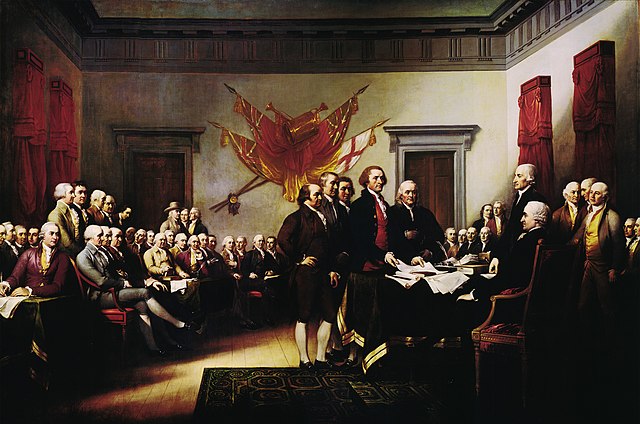
Article
Link to my article, “The Emergence of the Modern World”, which summarises the material discussed during the module. It covers the major ideas of the Scientific Revolution, and shows how they influenced the Enlightenment. It also discusses recent controversies about some elements of Enlightenment thinking.

75-Year Reflective
Link to an article in which I reflect on my seventy-five-year-long search for answers to the question, “What’s It All About?”, and propose a practical programme of research based on my experiences and insights that have emerged during the first six modules of this course.

Paper: From Division to Cooperation
Link to a paper inspired by my research for this course, about harnessing the power of diverse perspectives to combat global threats. It contains many references to books or articles that have been mentioned during the first six modules (and many that haven’t).
It examines the role of shared narratives and narrative identity in contributing to the phenomenon of tribalism, which often hinders humanity’s efforts to mitigate global threats. By exploring the potential of facilitated interdisciplinary and international dialogue, this paper argues that harnessing the power of diverse perspectives can lead to better cooperation, collaboration, and problem-solving in the face of the human predicament.
Books referenced in Module: “The Enlightenment”
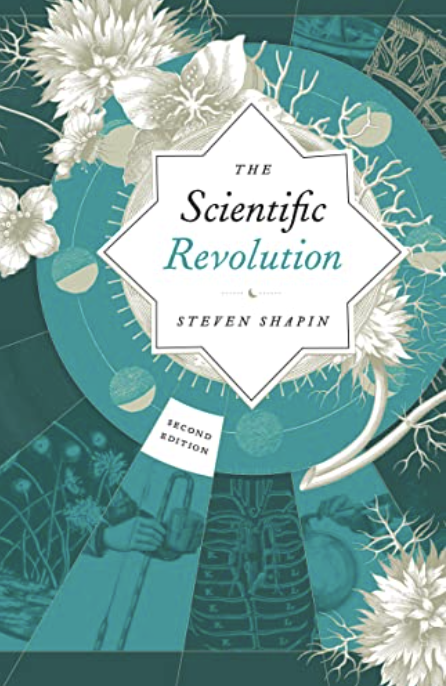
While recognizing that this period saw the emergence of modern science, this book challenges the traditional story of a “revolution” in thinking following the Renaissance. The author shows that almost all the novel ideas had their antecedents in earlier thinking inother geographical regions than Western Europe.
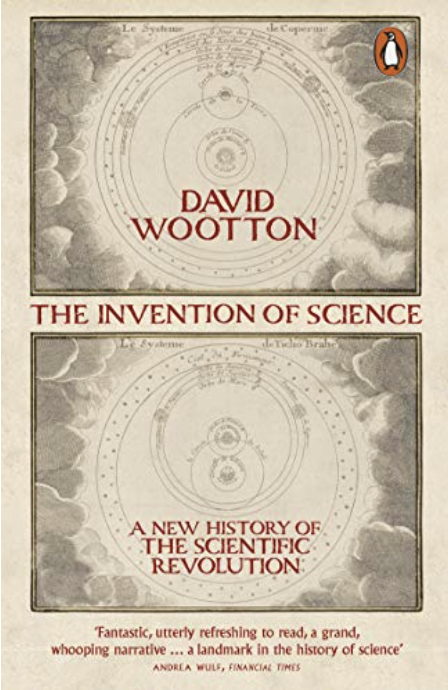
This book provides an account of the roots of modern science that tells the story of how science emerged in the sixteenth and seventeenth centuries. It argues that the discovery of America demonstrated that new knowledge was possible: indeed it introduced the very concept of ‘discovery’, and opened the way to the invention of science.
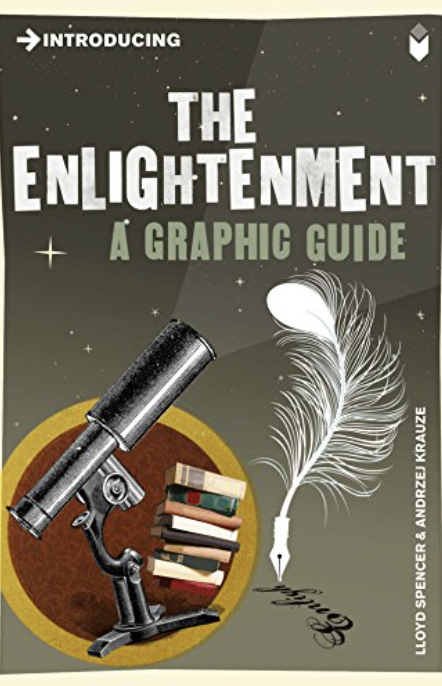
If you are looking for a quick overview of the period of history known as “the Enlightenment”, then this book could be for you. Half history book, half comic strip, it provides a wealth of information in a way that is easy to absorb and provides a stepping stone into more scholarly books on the subject.
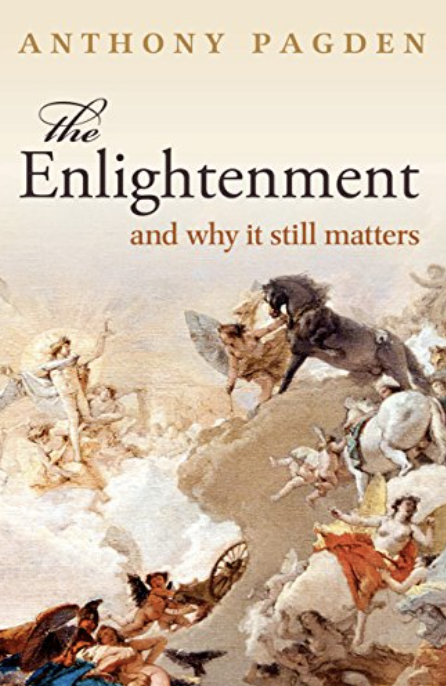
The author tells the story of how the Enlightenment gave birth to our modern world. Gathering together a wealth of information, he shows how the collective efforts of scientists and philosophers amounted to a project to discover the science of human nature.
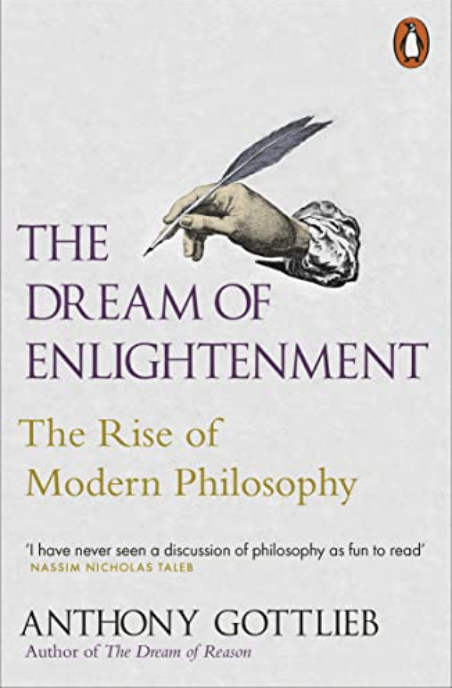
This book tells the story of the major thinkers of the period and, thus, of the birth of modern philosophy. It describes how they explored the implications of the new science and of religious upheaval, which led them to question traditional teachings and attitudes.
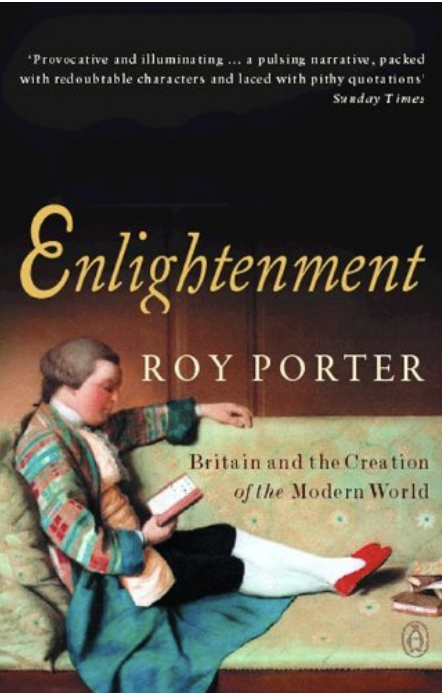
Unlike the many histories of the period that identify France as the epicentre of the Enlightenment, this book highlights Britain’s role in creating the modern world. The author describes a country driven by an exuberance, diversity and power of invention comparable only to twentieth-century America.

Citing extensive evidence from psychological research, the authors propose a theory that rationality is not about seeking the truth but about finding reasons to win an argument.
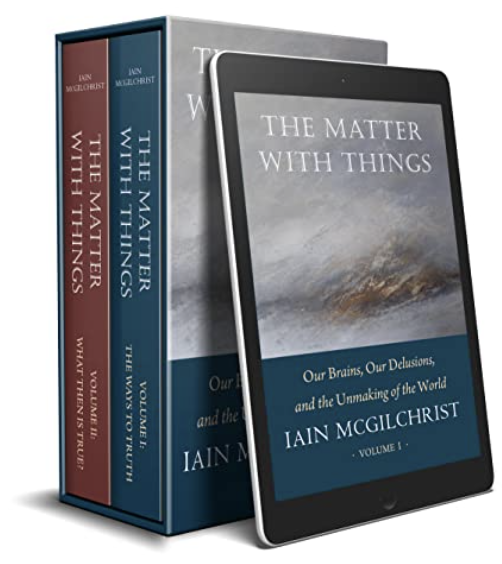
This important book suggests that in order to understand ourselves and the world, we need science and intuition, reason and imagination, not just one or two; that they are in any case far from being in conflict; and that the brain’s right hemisphere plays the most important part in each. And Iain McGlichrist shows us how to recognise the ‘signature’ of the left hemisphere in our thinking so as to avoid making decisions that bring disaster in their wake.

Drawing on path-breaking research in archaeology and anthropology, this book fundamentally transforms our understanding of the human past. It offers a path toward imagining new forms of freedom and new ways of organizing society.

Link to Course Home Page
Click this link to return to the Home Page for Season 1 of the Shepway and District u3a Science, Philosophy and Spirituality programme.

